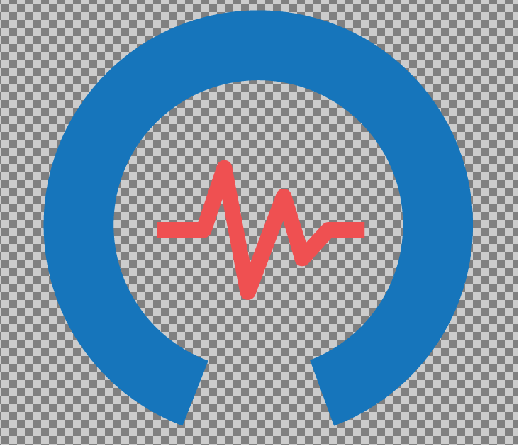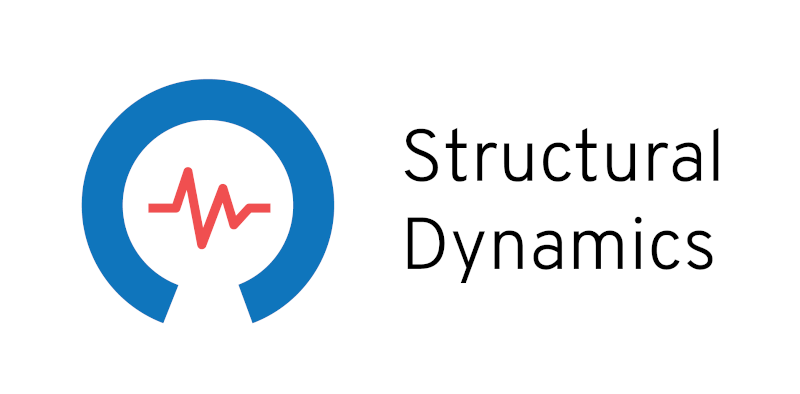What is the Journal of Structural Dynamics ?
Aims and scope
The Journal of Structural Dynamics (JSD) invites original contributions, both theoretical and experimental, that advance innovation and understanding across the field of structural dynamics. We welcome manuscripts on a wide range of topics, including but not limited to:
- Active and passive vibration control
- Additive manufacturing
- Biomechanics
- Modal analysis
- Model reduction
- Model validation
- Next-generation materials including metamaterials
- Nonlinear dynamics
- Signal processing
- Structural health monitoring and damage detection
- System identification
- Uncertainty quantification
- Vibroacoustics
- Wave propagation
JSD places no restrictions on the length of submissions. We accept various paper formats, such as regular papers, short notes, review papers, data or software papers. To promote open science, authors are encouraged to share experimental data and source code alongside their work.
JSD publishes regular issues, typically one per year. The latest issue remains open and papers are published directly online, as soon as they are accepted.
The JSD also publishes special issues. A guest editor, who does not have to be a member of the editorial board, is in charge of making the publicity for the special issue and organizing the review process. The review process follows the same standards and procedures as for the regular issues. The guest editor has the full support of one of the chief editors of the journal.
Publication process
CONTENT
Before submitting a manuscript, authors are advised to carefully review the journal’s author guidelines (available at authors instructions). JSD does not impose limitations on the length of submitted papers. However, each submission must make a significant contribution to the existing body of knowledge and should be of clear relevance to the structural dynamics community. To emphasize the paper's importance, authors are required to include a Letter to the Editor with their submission. This document (maximum of 2 pages) should address key questions about the work, namely pertinence, novelty, performance and applicability or usefulness of the presented methods. It will serve as a preliminary filter before proceeding to peer review. To maintain the journal’s high standards, authors must ensure that their manuscripts are written in clear and professional English. Submissions with language issues may be returned for revision prior to review.
SUBMISSION PROCESS
Authors should submit an electronic copy of their complete manuscript via email to the Editor-in-Chief at arnaud.deraemaeker@ulb.be. Prior to submission, authors are encouraged to consult with the associate editor specializing in their field before submission (see editorial board) in order to make sure that the paper aligns well with the journal's scope and expectations. Following the principles of Diamond Open Access, publication in JSD is entirely free of charge.
PEER REVIEW PROCESS
JSD employs a single-blind peer review process, where the identities of reviewers are concealed from the authors. Our experience demonstrates that highly competent reviewers are motivated to prioritize reviews for JSD, as they strongly support the principles of Diamond Open Access. This commitment enables us to maintain a high-quality review process, as witnessed by the authors who have published with us so far. Upon submission, the editor personally contacts potential reviewers to ensure timely and dedicated feedback.
REVIEW TIME
The median duration from the first submission to online publication for the JSD is currently six months. The time to first decision (after review) is approximately 3 months.
DIAMOND OPEN ACCESS
As a Diamond Open Access journal, JSD operates without any fees for authors, readers, or their institutions. Authors retain the copyright to their articles while granting permission for their work to be freely used, shared, and reproduced by others.
COPYRIGHT AND LICENSING
The JSD applies a CC-BY license, allowing anyone to share, reproduce, and adapt the material, provided appropriate credit is given. Authors retain full copyright and publishing rights without restrictions. Licensing information is included within each full-text article.
DATA AND CODE SHARING
While sharing data and code is not a requirement for publication, authors submitting to JSD are strongly encouraged to make their datasets and code publicly available. Authors have the flexibility to choose any long-term archiving service, as long as it provides permanent identifiers (such as DOIs) for their deposits, which can then be cited in their articles.
The JSD community on Zenodo offers a convenient repository for datasets and software related to submitted papers. Each submission will be assigned a unique and permanent DOI, which can be referenced within the article. Authors seeking assistance with data or code sharing are encouraged to reach out to the Editorial Board for support.



